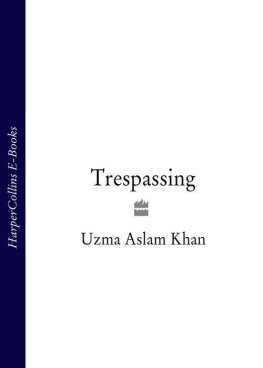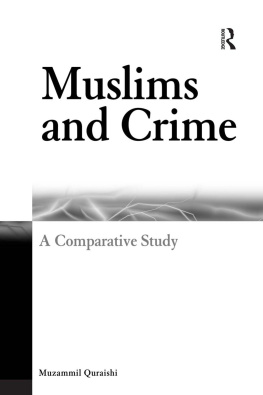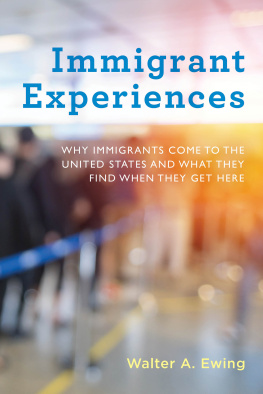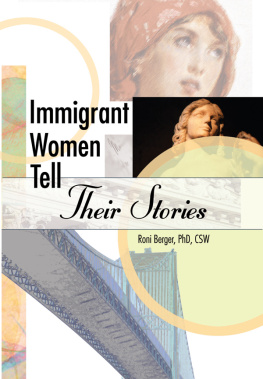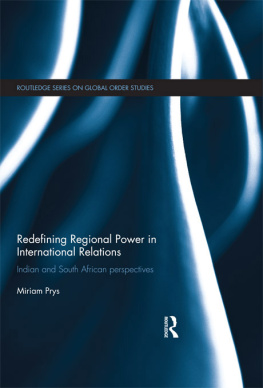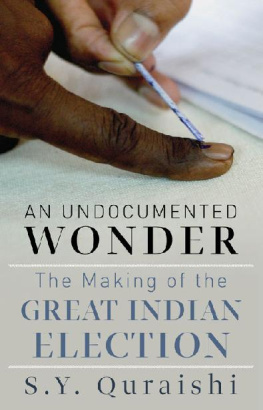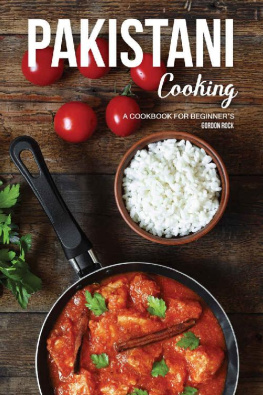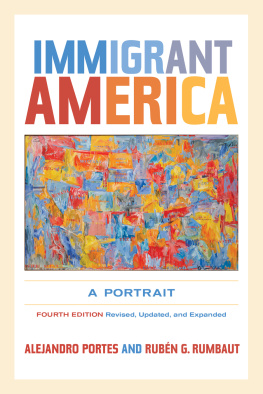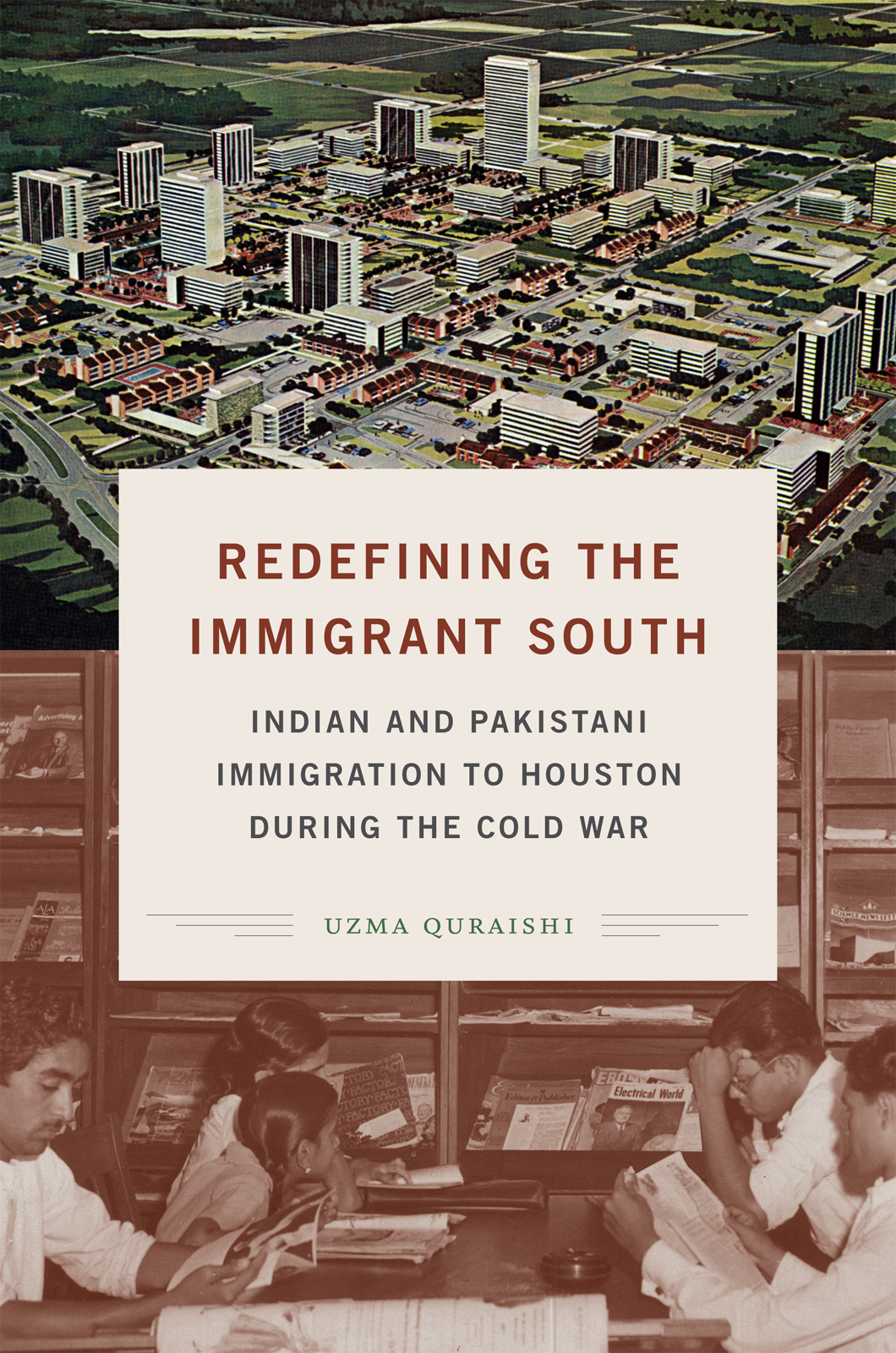ACKNOWLEDGMENTS
In completing this book as it has evolved over many years, I have collected far too many debts to acknowledge sufficiently here, but I will do my best. My apologies for inadvertently overlooking anyone not recognized here.
My first real foray into a sustained and scholarly consideration of history took place at the University of Houston. Joe Pratt inspired my love of history and teaching through a U.S. history survey many years before I embarked on a graduate career in history. He and Marty Melosi encouraged my interest in urban history, especially exploring the rich history of my city, Houston. Steven Mintz believed in my project from its inception, while Landon Storrs and Gerald Horne provided sound guidance throughout. Xiaoping Cong and Sarah Fishman held my writing and argumentation to the highest standard, pushing me to strengthen both. Mohsen Mobasher and Jose Martinez helped me connect immigration history to the sociology and theory of immigration, passing on knowledge that I continue to draw on today. Kairn Klieman immediately welcomed me, becoming both a mentor and a friend. Daphyne Pitre in the history office facilitated everything with a smile. Clarissa Hinojosa, Ann Maley Kapp, J. R. Wilson, and Jeff Womack all provided good friendship and support.
At Rice University, John Boles and Kerry Ward were careful, conscientious, and enthusiastic mentors, both providing an endless well of support and sage advice. I thank Michael Emerson for his intellectual generosity and invaluable insights. I owe a debt of gratitude to others who helped make my project whole: Carl Caldwell, Stephanie Camp, Ed Cox, Allen Matusow, Caleb McDaniel, Martin Wiener, and Jack Zammito. For their support, I am deeply grateful to Lisa Balabanlilar, Alex Byrd, Becky Goetz, Randal Hall, Bethany Johnson, Elora Shehabuddin, and Lora Wildenthal. Ed and Alex encouraged me from the onset, seeing value in my research. I am grateful for the help of Department of History staff members Bev Konzem, Paula Platt, Lisa Tate, and Rachel Zepeda. I appreciate the friendship of so many at Rice, especially Andrew Baker, David Getman, Mercy Harper, Symbol Lai, Terri Laws, Sarah Paulus, and Elizabeth Rodwell. Writing partners Allison Madar and Jim Wainwright made the process more enjoyable. I will always value their steadfast example, scholarly rigor, and steady companionship.
Beyond history, the Rice campus offered up its bounties in the form of friendship and collaboration. The Chao Center for Asian Studies became a second institutional home, made especially so because of the community it fostered. Through CCAS, I was privileged to have the mentorship of Ratheesh Radhakrishnan, whose warmth, brilliance, and critical faculties enhanced every idea with which I engaged. Anne Chao championed the Houston Asian American Archive, creating a space for the voices of often overlooked Americans, and I am glad to have played a small part in building it. I have found in Haejin Koh a constant friend, always ready to offer support and a clear perspective. Linda Ho Peche gave me feedback at critical junctures and friendship along the way. Sociologist Jenifer Bratter spearheaded the Program for the Study of Ethnicity, Race, and Culture, bringing together faculty and graduate students, including me, from across the disciplines to engage vital topics of mutual interest.
I am so grateful to my sister scholars Samhita Sunya and Shani Roper, who tirelessly cheered me on at every juncture with encouragement, love, and wise counsel. Their example as scholars and friends of the highest order continues to inspire me. Other friends nourished my soul with laughter and joy, shattering what is otherwise a writers solitary existence. For this, I especially thank Heba Khan, Shazia Manzar, Paige Hellmann, and Lila Rakoczy. I owe an intellectual debt to South Asian Americanist scholars and activists whose work and spirit continues to inspire me from near and far, among them Deepa Iyer, Amitava Kumar, Vijay Prashad, Natasha Raheja, and Samip Mallick.
My work could not have been completed without the support of my colleagues at Sam Houston State University and, in particular, chairs Pnar Emiraliolu and Brian Domitrovic. I am indebted to Dean Abbey Zink for facilitating my years leave from the university. This book has benefited immensely from discussions with fellow historians of Texas George Diaz, Wesley Phelps, and Bernadette Pruitt. Nancy Baker, Rosanne Barker, and Kate Pierce extended much-needed camaraderie and lively conversation. When solitude threatened to overwhelm, Jadwiga Biskupska came to the rescue as my trusty writing partner. I could not have found someone with more wit, humor, or the love of a good mlange.


